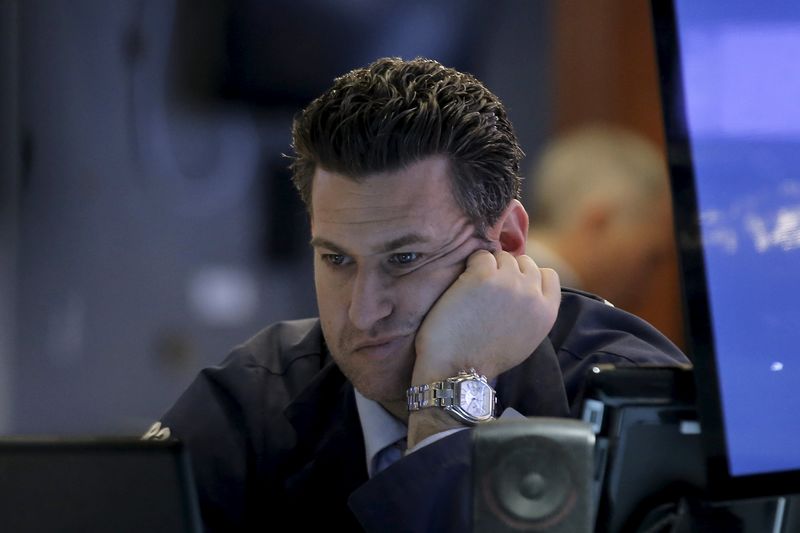Surging Equity Markets Expected to Persist, but at the Cost of Higher Inflation
Surging equity markets are expected to continue, supported by solid U.S.-led economic growth. However, this growth is likely to come at the cost of higher inflation, with risks skewed to the upside in the U.S. as President Trump pursues his plan for higher trade tariffs.
According to strategists at MRB Partners, the absence of clarity on U.S. trade policy will likely lead to “risk-on” conditions persisting, underpinned by solid U.S. economic growth and gradually strengthening in the rest of the world. However, this economic outlook also means that it will put a floor under developed market inflation and bond yields, with risks tilted to the upside in the U.S.
President Trump’s recent remarks have alleviated concerns, but the strategist notes that Trump made clear during his campaign that tariffs were coming, and has already issued statements about upcoming tariffs and trade restrictions. Despite the expectation of selective and moderate tariffs, trade restrictions are likely to lead to higher inflation, just as they did during the first Trump administration.
The economic picture for the U.S. in 2025 is more comforting than in 2017, but the inflationary backdrop is more acute, increasing the risk that the spillover from higher tariffs to inflation will be greater this time. The U.S. economy is more inflationary and wage pressures are greater than in the late-2010s, so the spillover into other areas of the CPI basket will be greater this time.
The big worry is that U.S. and global financial markets are not priced for such an outcome, and not by a long shot. U.S. asset prices and the dollar are discounting a good economic outcome, yet such growth is somehow not expected to cause higher inflation. Should this outcome become a reality and Treasury yields break to the upside, then investors will need to de-risk.

